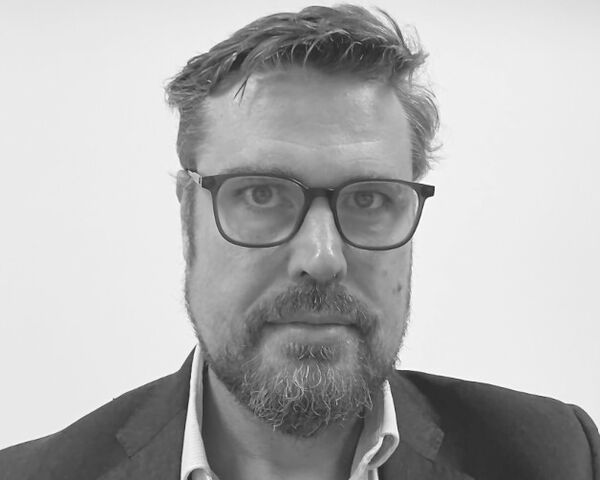10,000 Whole Genome Sequences
We have now passed the 10,000 milestone, an important achievement for one of the largest DNA sequencing projects in the world.
With July’s tally of 11,221 whole genomes sequenced, the NHS Genomic Medicine Centres across England are continuing to recruit rare disease and cancer patients to the 100,000 Genomes Project. Biotech company Illumina are undertaking the genome sequencing and Genomics England, together with clinical interpretation partners are interpreting those sequences to return results to patients and clinicians.
In rare disease, whole genome sequencing has already made a real difference – and is starting to deliver diagnoses to families who have been through years of inconclusive tests and unexplained symptoms.
I’d like to thank all staff in NHS Genomic Medicine Centres for their incredible hard work over the past year. 10,000 genome sequences is an important milestone. We know there are challenges ahead, but the work you are doing now will ensure that there is a genomic medicine service in the NHS, for any patient who might need it in the future.
Professor Mark Caulfield
Chief Scientist at Genomics England
The 100,000 Genomes Project is focused on rare diseases and common cancers. This is because these are genetic disorders, there is unmet need and sequencing will bring benefits for many patients. But the systems we are building will be in place for an NHS genomic medicine service for anyone who might benefit.
As we have reported in previous updates, there are challenges we are currently working on. In cancer we’re working with scientists and clinicians to overcome the complex scientific challenge of getting enough tumour DNA of the right quality to sequence within a standard NHS setting.
Changing pathology services is a key part of this work. This complex challenge has involved hundreds of scientific experiments to find the best way forward. A range of solutions are being trialled at the moment. We expect to see the full results later in the year. In the meantime, while we optimise the pathways, cancer patients are still being recruited to the Project and their genomes analysed.
There is still much work ahead, but the protocols, standards and data infrastructure that are being developed will ensure frontline clinicians can make the most of the knowledge that genomics provides, for patients now and in the future.


